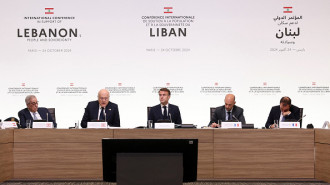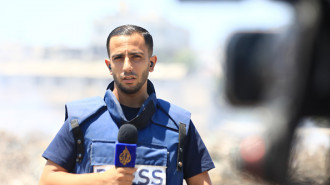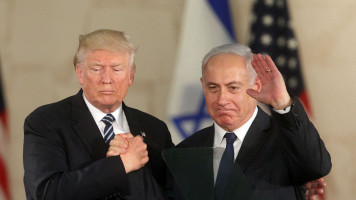Gaza Palestinians demand sea channel to outside world
Mutaz Arafat, a 23 year old Gazan student, hoped to pursue a degree at a Turkish university, but his plans were aborted when he attempted to leave Gaza through the Rafah border crossing.
The town has historically been the gateway for Gaza to Egypt. For the past three months, this border has been closed by the Egyptian authorities, effectively locking in the 1.8 million Palestinians living in Gaza.
Sea corridor
On Thursday, Arafat took part in a demonstration held at the fisherman's pier for a sea corridor to be opened to besieged population of Gaza. This was another of Gaza's historic entrance to the outside world, but has been closed by the Israelis.
"All my dreams that have been planned for years, crashed at the sealed gates of the Rafah crossing. Today, I have come to the sea port to demand a sea corridor to be opened and breaks the siege imposed on Gaza from all directions," said Arafat.
Arafat believes that Egypt is actively participating on Israel's blockade on Gaza by closing the Rafah crossing. He called on Egyptian authorities to accept its historic responsibility towards Palestinians and allow injured and sick Gazans, students and people with foreign nationalities or residency permits to leave the land strip.
The crowd in the protest was a mix of university students stranded in Gaza and people wounded by Israeli bombs and bullets. They carried placards in English and Arabic demanding Gazans be given the same freedom of travel and movement as the outside world. They were calling for the opening of a sea corridor.
Mohammed al-Sadoudi was injured during an Israeli air strike on Gaza. He carries a sign: "The Rafah crossing is a lifeline to Gaza. Do not cut it."
He told al-Araby al-Jadeed that the authorities in control of the border crossings should treat the disabled and injured residents of Gaza as humanitarian cases. They have nothing to do with political conflicts, he said, and all they are demanding is the basic right to travel abroad, without restrictions or delays, for medical treatment.
Border opened
On the rare occasions that the Egyptian authorities open the Rafah crossing, thousands of Gazans gather at the border.
They wait for hours in the hope that they might be allowed to leave the Strip, but they are left disappointed by the Egyptian border guards who only allow a small number of Palestinians through the border point.
Adham Abu Salmiya, the spokesman for a committee that works to break the siege of Gaza announced that a "series of popular actions" will be taken to create a sea corridor to Gaza.
| The protesters demanded that Gazans be given the same freedom of travel and movement as the outside world. |
Speaking at a press conference held during the protest, Abu Salmiya says, "The Republic of Egypt has to take immediate and serious steps to force the occupation (Israel) to adhere to the agreement it signed with members of the resistance in Gaza to create a sea corridor for Gaza."
Abu Salmiya said that Egypt should aid the Palestinians who have suffered for decades of occupation and siege. Cairo should work on ending Israeli blockade of Gaza, but instead they have been tightening the siege. He said the closure of the Rafah border denies thousands of sick people and students from leaving the country.
Buffer zone
Egyptian authorities closed the Rafah crossing on 24 October 2014. It was opened for three days on 21 December.
Palestinian Gazans had waited for the crossing to be opened between Tuesday and Thursday, but the authorities made an about turn following the abduction of an Egyptian police officer in Rafah who was later found dead in the Sinai peninsular.
| Read about the families evicted during the establishment of the Sinai buffer zone |
Cairo has repeatedly linked militant attacks in the Sinai to Palestinian Islamist militants, and recently announced that an exclusion zone on the Palestine border would be extended.
The latest Israeli 51 day aggression on Gaza last summer, ended with the signing of a truce between resistance factions in Gaza and Israeli authorities.
The agreement stipulated that the siege on Gaza should be lifted and a reconstruction process of the battered land strip to be implemented. Israel has so far not implemented any of the points agreed in the ceasefire plan.

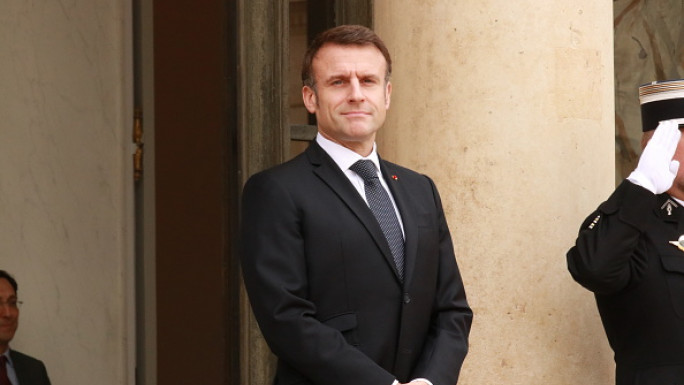
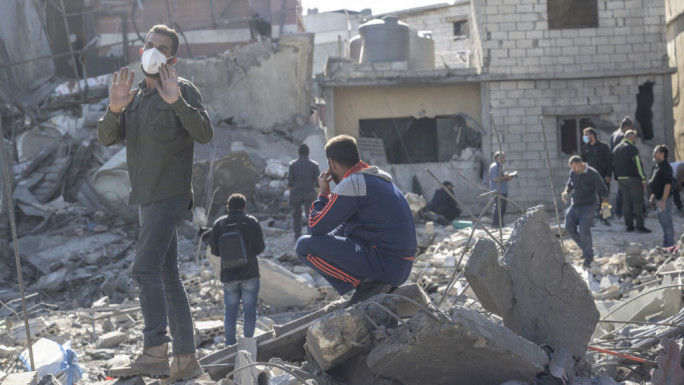

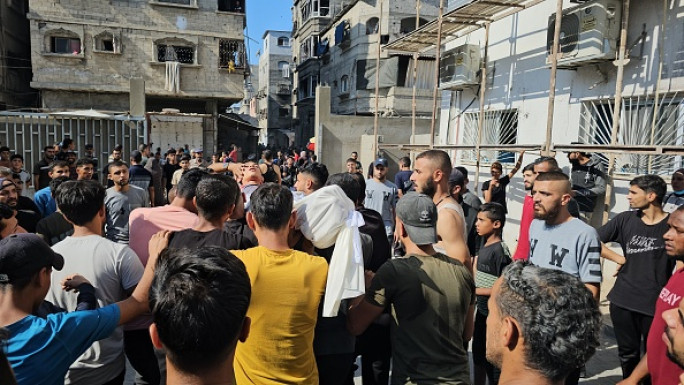
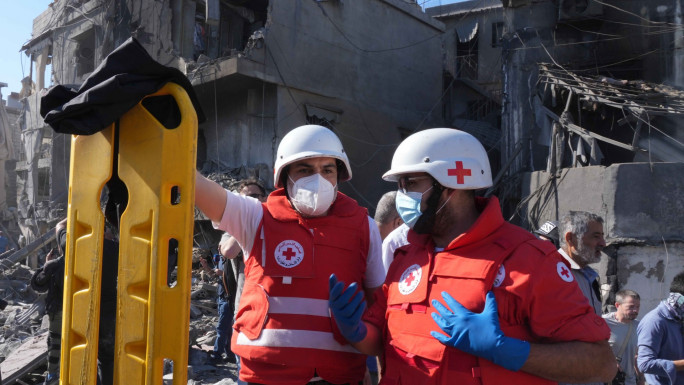
 Follow the Middle East's top stories in English at The New Arab on Google News
Follow the Middle East's top stories in English at The New Arab on Google News
